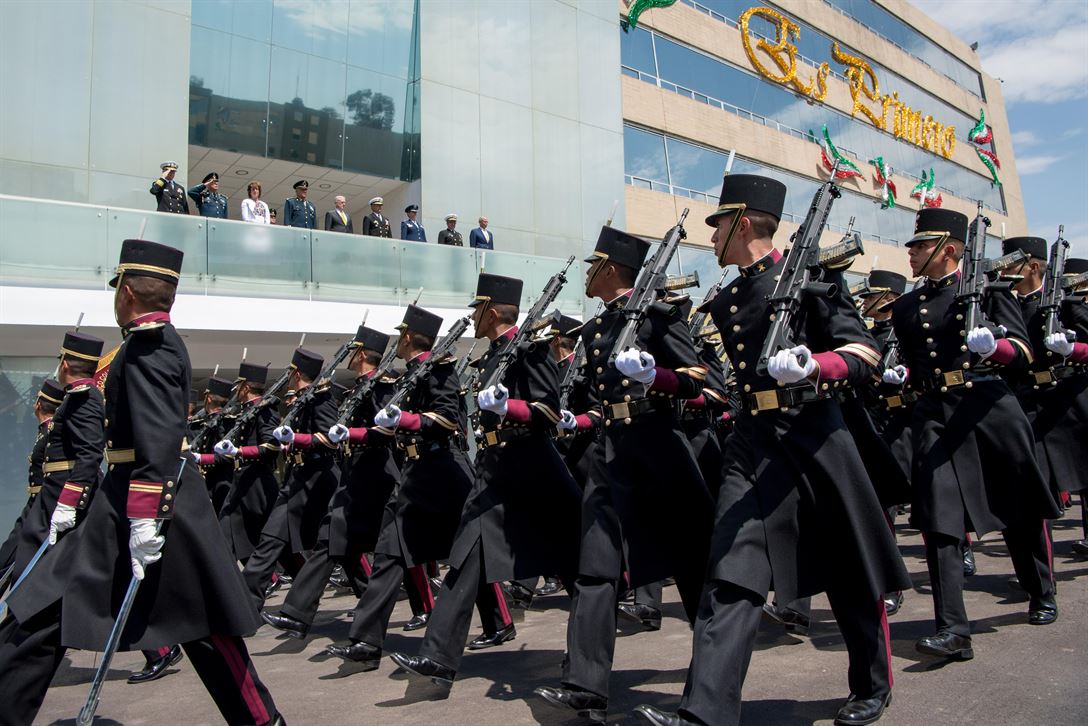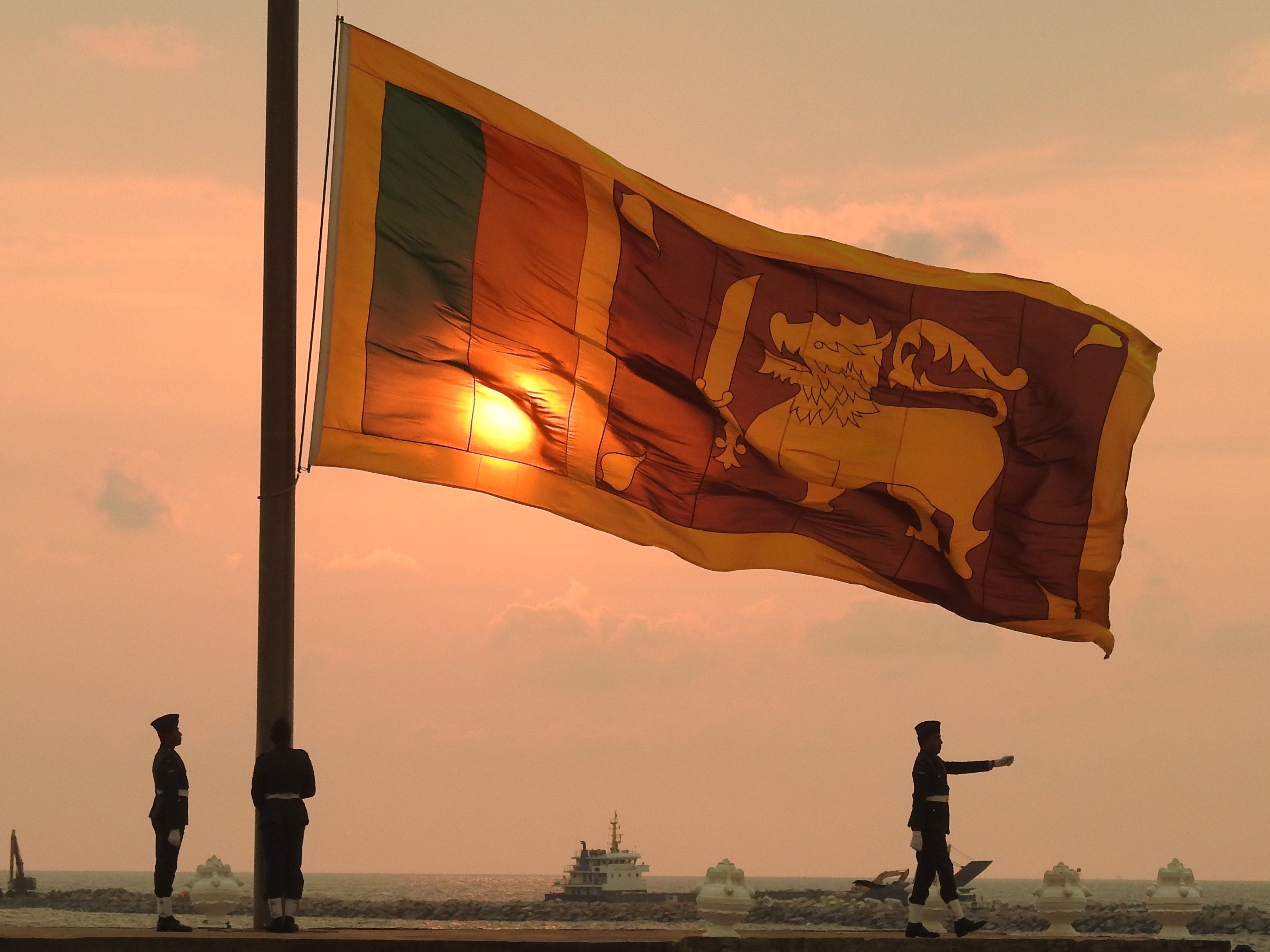Mexico is ostensibly closer to the “North Atlantic” than places like Greece, Turkey, and definitely Georgia – all current or proposed members of NATO. So why isn’t it part of the conversation when it comes to future NATO accession and expansion?
Author: Anvesh Jain
Anvesh Jain is a student pursuing an Honours Bachelor of Arts at the University of Toronto – St. George, with a specialisation in International Relations. He is actively involved both on and off campus in Toronto, as well as back home in Calgary, Alberta. Anvesh has worked as a Constituency Assistant in the Parliamentary Riding of Calgary Forest Lawn, and as a Program Editor for the NATO Association of Canada. His research interests include topics in Canadian and South Asian international relations, with particular regard for questions of grand strategy and diplomatic history. His work has been published by the Mackenzie Institute, the Southern California International Review, and the Literary Review of Canada, and he is an avid follower and player of Cricket.
Canada, NATO, and the ‘Dumbbell’ Concept
This year, NATO celebrates the 70th anniversary of its storied history – but the current multilateral structure of the alliance was not always a given. Since its 1949 inception, diplomats, politicians, and strategists have occasionally theorized a “Dumbbell” concept of NATO. What does this mean, and why did the “Dumbbell” never take shape?
Tiger’s Echo: What do Last Week’s Easter Attacks Mean for Sri Lanka?
On Easter Sunday, Sri Lanka was rocked by a series of eight coordinated bombings targeting the island-nation’s Christian communities, as well as foreign tourists who had planned to spend the holiday season in the country. Over 250 worshippers were murdered during Sunday mass, and well over 500 others were injured or hospitalized. Authorities have traced Read More…



